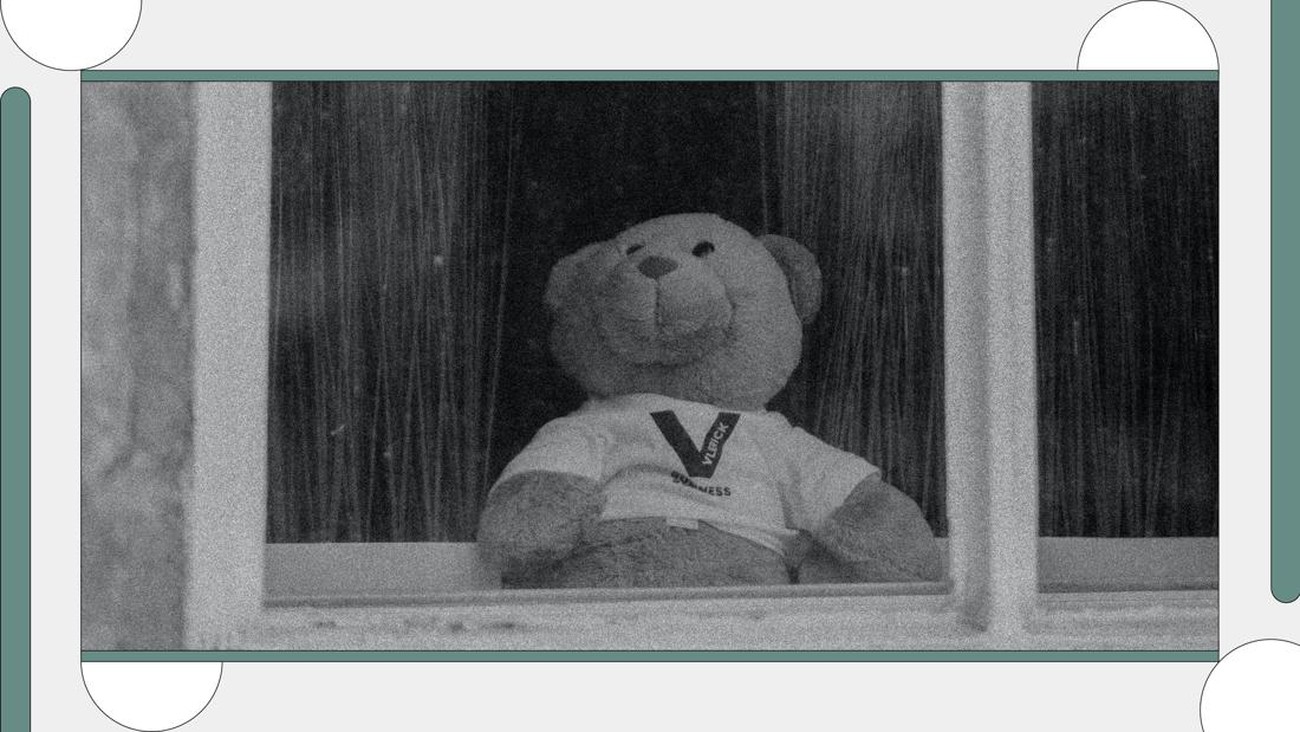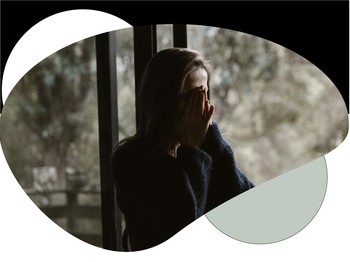I have always thought that I have a weak heart--over-sensitive to people's actions and opinions towards me, always hesitating in expressing what I want, and living in a constant fear of letting people down, even when I didn't do anything wrong. Looking back, this behaviour emerged in my pre-teen years. Eventually I realized this was the result of living in a passive-aggressive household. I was loud as a child, and I was not afraid to talk back to my parents or do the things they forbid. But my parents tend to avoid conflict, and they gave me silent treatment instead. In turn, I have to silently guess their mood and judgement. And this went on for years, to the point I'm still guessing their minds even when I didn't do anything wrong.
What I experienced is what psychologists call an "inner-child". A part of your childhood that is embedded in your subconscious, resulting in a small part of you that never grew up. Every adult has their own inner-child. Your inner-child remembers emotions specific to certain events during your childhood, and the things you experience as an adult can trigger those emotions to come out.
Inner-child does not necessarily mean bad experience or childhood trauma, it can be shaped both by good and bad memories. But bad memories of childhood trauma will inflict a permanent wound on your inner-child, and become an emotional baggage that you have to carry along the way. There are many causes of wounded inner-child; getting lost in a supermarket, losing a childhood friend, being yelled at in public, neglected by family members, or experiencing physical abuse. Whatever it was, these events can affect your behaviour and your relationship with other people as an adult, without you realizing it. Such as having fear of abandonment, being ashamed of expressing your emotions, avoiding conflict, being a people-pleaser, or being prone to addiction.
To overcome these conditions, you have to acknowledge your inner child and make peace with them. Here are some steps to guide you through it:
Acknowledge your inner-child
Before starting your healing process, you have to acknowledge the presence of your inner-child. You need to be willing to explore your past, even if it opens some old wounds. By accepting that things in your childhood may cause you pain, you are opening the door to re-discover yourself.
1. Listen to your inner-child
After discovering your inner-child, listen to the emotions they try to convey. What has caused you to feel this way? And how do you feel about it? This way, you can begin tracing those emotions to the events that led you to feel that way during your childhood.
2. Communicate with your inner-child
Writing helps. You can write a letter or start a journal. Writing will help you to remember your childhood memories, process your thoughts and detangle your emotions in the most calm, rational way possible.
3. Satisfy your inner-child
If you don't have enough positive experiences during your childhood, make amends by getting in touch with your playful side. Eat ice cream, go ice-skating, laugh with your friends, or do other things that make your inner-child happy.



